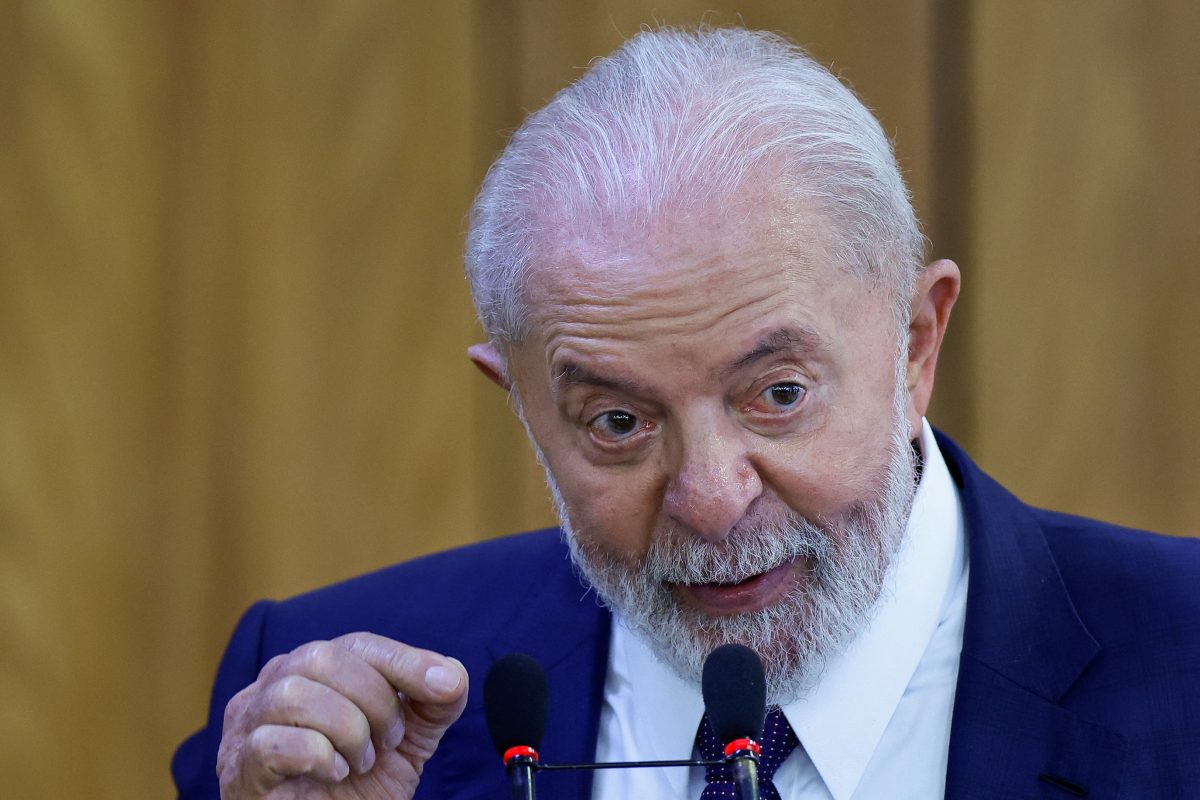BRASILIA/MONTEVIDEO, (Reuters) – A diplomatic crisis in Ecuador and uncertainty over Venezuela’s political future have divided South American nations and killed enthusiasm for a summit that Brazilian President Luiz Inacio Lula da Silva is trying to convene, diplomats in the region say.
Seeking to become a regional leader again, Lula gathered 11 presidents in Brazil’s capital last May, but the forum called the Brasilia Consensus was struck by disagreement over the presence of Venezuela’s authoritarian President Nicolas Maduro.
Chilean President Gabriel Boric, a fellow leftist from a younger generation, criticized Lula for inviting Maduro to a meeting of democratic leaders, as did Uruguayan President Luis Lacalle Pou.
With concerns about Venezuelan elections in July and fallout from Ecuador’s invasion of the Mexican embassy to seize an opposition politician, the region is too unsettled for a fresh attempt at dialogue, diplomats in Brazil and Uruguay said.
Lula has not given up plans for a summit and said on Tuesday he hopes Boric will invite other presidents to discuss South American integration when he makes a state visit to Chile on May 17-18.
“We need to discuss how to act as a bloc,” he told reporters. “We will respect differences, but work together to achieve economic growth. It’s difficult, but we have to try.”
In Santiago, Boric said a meeting with other presidents was not part of plans for Lula’s visit.
“I suspect there is too much bad blood among South American leaders right now for a productive summit, or maybe any summit at all,” said Latin America political analyst Brian Winter, Vice President of Policy at the Council of the Americas.
The Ecuadorean raid of the Mexican embassy on April 5 pushed relations between the two countries over the edge, he said. Diplomatic condemnations piled on from around the region.
“You also hear resentment in some capitals at Brazil for taking for granted its status as the big regional superpower.” Winter added.
The main reason for the lack of enthusiasm for a South American summit today is the upcoming vote in Venezuela, said most diplomats consulted by Reuters, who requested anonymity.
“No one wants to form part of a new group when there is such uncertainty over whether some countries will recognize Maduro, others won’t recognize him or who will dismiss the elections outright,” a senior South American diplomat said.
“This is going to be a giant problem again, dividing regional opinion so leaders rightly don’t want to make statements at some meeting in May,” the source added.
Last year’s meeting in Brasilia was a “total failure” because Chile and Uruguay quickly distanced themselves from Lula’s views on Venezuela, according to the diplomat.
A meeting of presidents in Chile was “highly unlikely” not least because Boric has distanced himself from Lula’s views on issues such as Venezuela, Russia and Iran, said a foreign policy advisor to the Uruguayan government.
That source sees little chance of a full reboot in the short term of the Unasur bloc of South American countries started in 2008 by Lula and Venezuelan populist leader Hugo Chavez.
But Lula will not give up, he said: “Lula is going to continue with Unasur.”

